Inside Carla Vernón’s plan to future-proof The Honest Company
More than a decade after Jessica Alba cofounded The Honest Company with a mission to deliver cleaner, healthier products for families, the brand faces new challenges in a shifting consumer landscape. CEO Carla Vernón joins Rapid Response to share how she’s drawing on her experience at General Mills and Amazon to navigate shifting retail headwinds and reignite the brand. Vernón dives into the value of diversity as a business advantage, why patriotism takes on new meaning in today’s landscape, and what it really takes to lead a mission-driven company amid uncertain times. This is an abridged transcript of an interview from Rapid Response, hosted by the former editor-in-chief of Fast Company Bob Safian. From the team behind the Masters of Scale podcast, Rapid Response features candid conversations with today’s top business leaders navigating real-time challenges. Subscribe to Rapid Response wherever you get your podcasts to ensure you never miss an episode. I notice a lot of uneasiness and uncertainty by business leaders about the environment that’s changing so fast. I’m curious whether you have a philosophy at all about how you approach the pace of change that’s around us right now. Well, one of the things that keeps me centered is that real classic line, “This too shall pass.” So, I’ve been in business long enough. As you know, I worked for 23 years at General Mills. I worked for two years at Amazon. And now, I’m a little over two years at The Honest Company. And I’ve seen enough business cycles to know that none of them are permanent. I’ve seen enough political cycles to know that none of them are permanent. So, that helps me because I know that even on the best days, that will change; even on the worst days, that will change. What I have to do these days is try to figure out how to lead other people through change and what things we react to quickly, what we react to slowly. And it’s a very interesting situation because I think there’s some of both that’s needed. Specifically, around the economy. We are trying to stay tuned to the principles of the change. I think if you know what you would need to do in either circumstance on either side of a change, then that’s what agility really is. We have the scenarios that help us manage when it’s time to act. I guess the challenges, or part of them at least right now, is that the Trump administration seems to go from one side to the other side on tariffs and other things. It’s like almost on a daily basis. And so, it makes it harder to know what to hold on to. Preparation is the answer for that. For example at The Honest Company, we’re not new to dealing with tariffs. We’ve been dealing with tariffs for the last few administrations. There might have been tariffs of a different nature, but there was always uncertainty with whether a tariff will renew or it won’t. So, we really did work to set up a process. We’ve got this team inside that we call the tariff tacklers. And that team was already assembled in place. So, they know the levers and the strength at which you have to react. In years that are smooth and easy, maybe you don’t need as much flexibility. But the truth is, having been in as many business cycles as I have, there are always surprises in them. There are hills. The one thing that’s for sure is that you’re going to be surprised. When Jessica Alba cofounded The Honest Company, she was a pioneer in this, celebrities moving into entrepreneurship. Since then, The Honest Company has had struggles sometimes about controversy, about how clean its products are, some bumps in some of the direct-to-consumer brand. When you came on two years ago, the company had gone public, but the stock had been drifting downward from that point. Yes. That’s nice. That’s a gracious way to say it. What appealed to you about the opportunity in that moment? Well, Bob, I don’t know how many calls you’ve gotten to be a CEO of a public company, but I haven’t gotten that many, so that’ll get your attention. I knew about Honest through a few moments in my life. My kids have a godmother who’s on the younger side, and she was having a baby shower. This was about 2017. And at that baby shower, I saw the decorations for the shower included products from this brand. [Photo: The Honest Company] We are famous for these diaper cakes, which you take little diapers and you roll them up into little tubes and make layers of them so that they stack and look like a cake. And I’d never seen somebody believe the diaper was stylish enough to be part of the party decorations. And I’m a long-time brand builder. I have built many brands. I have tried to help resuscitate some brands. I was like, “Oh, this generation, they’re going somewhere different. They are picking a new brand.” I was a Pampers household, and that struck me. Then I forgot all about that. Eventually, I worked at Amazon where I ran what I like to call the center store categories, the everyda

More than a decade after Jessica Alba cofounded The Honest Company with a mission to deliver cleaner, healthier products for families, the brand faces new challenges in a shifting consumer landscape. CEO Carla Vernón joins Rapid Response to share how she’s drawing on her experience at General Mills and Amazon to navigate shifting retail headwinds and reignite the brand. Vernón dives into the value of diversity as a business advantage, why patriotism takes on new meaning in today’s landscape, and what it really takes to lead a mission-driven company amid uncertain times.
This is an abridged transcript of an interview from Rapid Response, hosted by the former editor-in-chief of Fast Company Bob Safian. From the team behind the Masters of Scale podcast, Rapid Response features candid conversations with today’s top business leaders navigating real-time challenges. Subscribe to Rapid Response wherever you get your podcasts to ensure you never miss an episode.
I notice a lot of uneasiness and uncertainty by business leaders about the environment that’s changing so fast. I’m curious whether you have a philosophy at all about how you approach the pace of change that’s around us right now.
Well, one of the things that keeps me centered is that real classic line, “This too shall pass.” So, I’ve been in business long enough. As you know, I worked for 23 years at General Mills. I worked for two years at Amazon. And now, I’m a little over two years at The Honest Company. And I’ve seen enough business cycles to know that none of them are permanent. I’ve seen enough political cycles to know that none of them are permanent.
So, that helps me because I know that even on the best days, that will change; even on the worst days, that will change. What I have to do these days is try to figure out how to lead other people through change and what things we react to quickly, what we react to slowly. And it’s a very interesting situation because I think there’s some of both that’s needed. Specifically, around the economy.
We are trying to stay tuned to the principles of the change. I think if you know what you would need to do in either circumstance on either side of a change, then that’s what agility really is. We have the scenarios that help us manage when it’s time to act.
I guess the challenges, or part of them at least right now, is that the Trump administration seems to go from one side to the other side on tariffs and other things. It’s like almost on a daily basis. And so, it makes it harder to know what to hold on to.
Preparation is the answer for that. For example at The Honest Company, we’re not new to dealing with tariffs. We’ve been dealing with tariffs for the last few administrations. There might have been tariffs of a different nature, but there was always uncertainty with whether a tariff will renew or it won’t. So, we really did work to set up a process.
We’ve got this team inside that we call the tariff tacklers. And that team was already assembled in place. So, they know the levers and the strength at which you have to react. In years that are smooth and easy, maybe you don’t need as much flexibility. But the truth is, having been in as many business cycles as I have, there are always surprises in them. There are hills.
The one thing that’s for sure is that you’re going to be surprised. When Jessica Alba cofounded The Honest Company, she was a pioneer in this, celebrities moving into entrepreneurship. Since then, The Honest Company has had struggles sometimes about controversy, about how clean its products are, some bumps in some of the direct-to-consumer brand. When you came on two years ago, the company had gone public, but the stock had been drifting downward from that point.
Yes. That’s nice. That’s a gracious way to say it.
What appealed to you about the opportunity in that moment?
Well, Bob, I don’t know how many calls you’ve gotten to be a CEO of a public company, but I haven’t gotten that many, so that’ll get your attention. I knew about Honest through a few moments in my life. My kids have a godmother who’s on the younger side, and she was having a baby shower. This was about 2017. And at that baby shower, I saw the decorations for the shower included products from this brand.
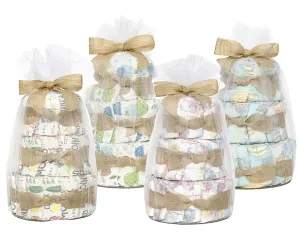
We are famous for these diaper cakes, which you take little diapers and you roll them up into little tubes and make layers of them so that they stack and look like a cake. And I’d never seen somebody believe the diaper was stylish enough to be part of the party decorations. And I’m a long-time brand builder. I have built many brands. I have tried to help resuscitate some brands.
I was like, “Oh, this generation, they’re going somewhere different. They are picking a new brand.” I was a Pampers household, and that struck me. Then I forgot all about that. Eventually, I worked at Amazon where I ran what I like to call the center store categories, the everyday essentials. So, food, candy, beauty, baby products, household paper products, all of the cold medicines, all that health and wellness stuff.
And I joined Amazon in the pandemic. We weren’t having meetings. But when we decided to get back to returning to meetings in person, The Honest Company was the first vendor we met with, and they left these free samples. At the time, I used to get free samples. Remember I was running the entire beauty collection for Amazon.
And so, when I did eventually get that knock on the door and someone asked me if I would consider interviewing for CEO, here’s what I did know: I knew this was a brand for the next generation. I knew the products were amazing. And I could also see with my own eyes that the brand was not available. It was under distributed. A lot of people my age hadn’t heard of it. Those are the kinds of things that let me see, this is a gem that no one has just put the right magic dust on.
There are things about The Honest Company brand that could be associated with progressiveness that might bring negative attention from some of the more aggressive MAGA community. I mean, I was talking about this with another CEO yesterday who isn’t trying to be political about anything, but finds himself drawn into these issues and debates that he doesn’t want to be a part of. How much do you worry about that? Does that happen at all? The word honest means a lot of things to a lot of people these days.
I feel that the word honest is still universally appreciated. There’s nothing that’s in question about a brand that is as transparent as possible and doing the best thing it can for any family that says, “I want products that are cleaner and that work for me and my kids or my household or my pet,” that’s not political, that’s not cultural. And that’s what Honest is focused on.
The voice I have is a business voice, and I have a responsibility to shareholders. And I don’t run my business by fairytale. I don’t run it by what I wish was true. I run it by what the market shows is true. And the market shows that if we focus on solving that need better than any other brand, for those families that are trying to avoid chemicals that are concerning to them or products that irritate sensitive skin, then that allows us to be in the conversation at the table showing that leaders like us, teams like us, boards like us, deliver great results.
If you are in the consumer space and you want to win with consumers, you should want to win with everybody. I don’t think progress is something that can be avoided. So, if progress is at the root of progressive, then sign me up, because I’m going forward. The consumer is going forward. And whether you like it or not, the world is going forward.
One of the questions that comes up to me sometimes in this current climate is whether business can or should be part of the checks and balances that are in the American political and cultural system. I wonder if you have any thoughts about that because obviously as a CEO, your job is to deliver for shareholders and whatever will work at the marketplace to make your quarter and all those numbers. That doesn’t necessarily connect to higher, longer-term values that might be part of what these checks and balances are. And I don’t know if you’ve thought about this at all?
Bob, you won’t find a more patriotic person than me. My children, when they used to get in trouble, one of the things I would do as a “punishment” is say, “Well, I have this little portable version of the Constitution. We’re going to have to sit outside and we’re going to read a portion together, and we’re going to discuss what it means.” That’s how nerdy I am about patriotism.
And so, I will say, I believe the answer now, as in all times where great change was called for, is in community. And so, whether you ask me, “Do business leaders need to show up and be voicing the change, advocating their shareholder or their employee base?” Most certainly. A lot of times our employee base is just a makeup of the community we’re in, the region we’re in.
But I also believe it’s not anyone. It’s not just our politicians. It’s not just our business leaders. Hey, man, the power is with the people. This is the United States of America. My mom took me to Washington, D.C., to march on the mall for the Equal Rights Amendment when I was seven. We drove from Buffalo, New York, in a station wagon because we thought we’re going to put our feet where our values are.
Now, as a leader, I get a chance to put my voice where my values are. I get to create an employee climate. At The Honest Company, we made every single full-time employee a shareholder. That’s what I can do. That puts people in the economy. That puts people who never would get in the system like that in the system. But that’s also good for shareholders because you better believe that they’re more committed to making a great company because now they’re part owner of it.
And I believe that is also patriotic: Enable the people, give them an opportunity to support their families and their communities. Let’s be together, in every corner of life. It takes all of us because this is the United States.




























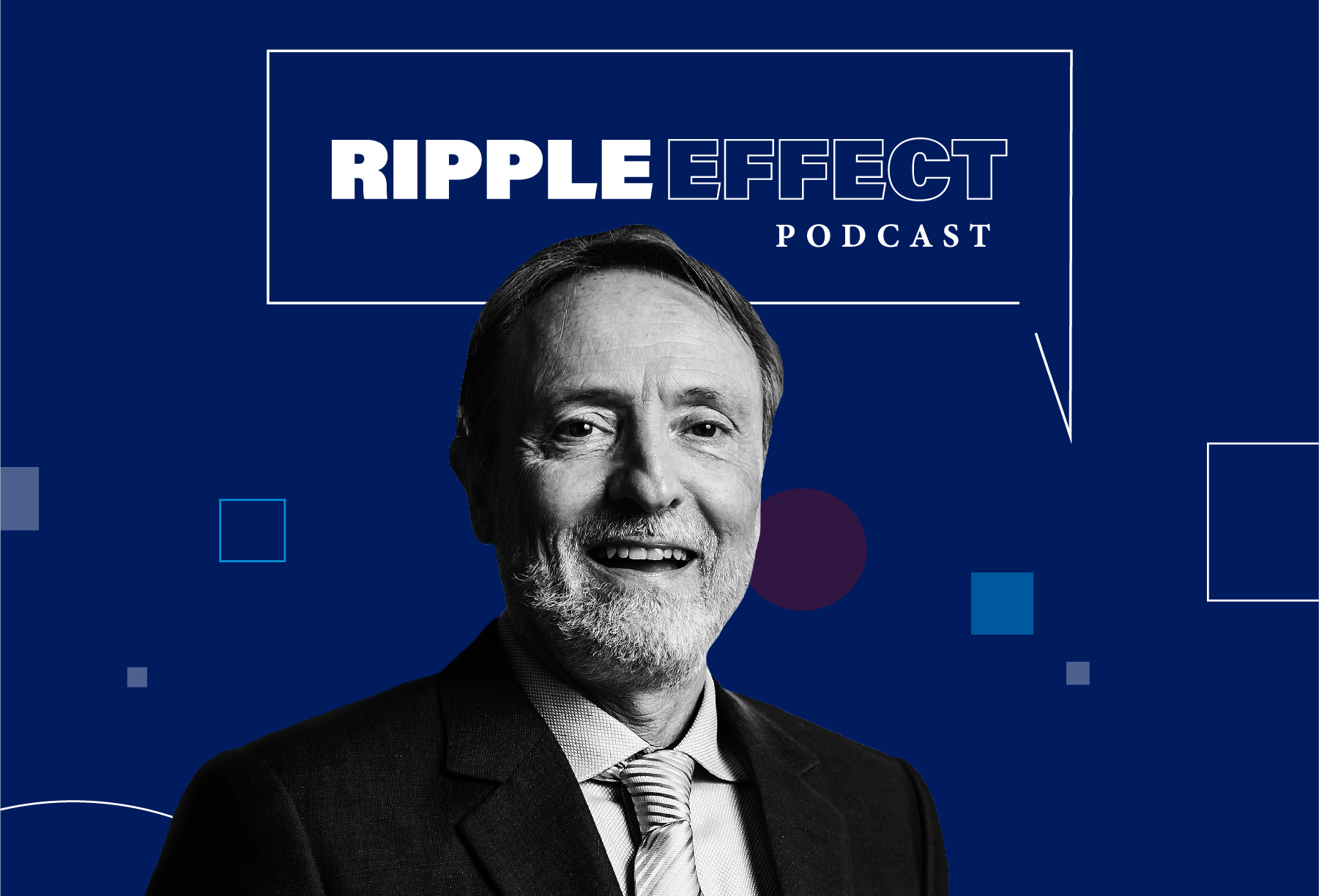






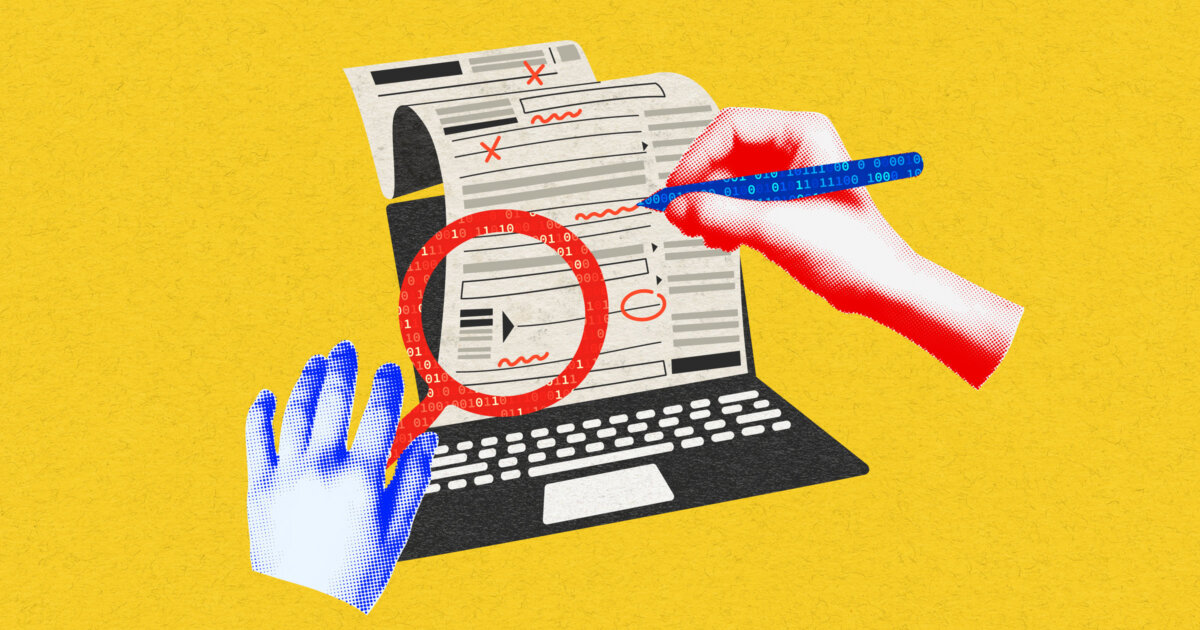


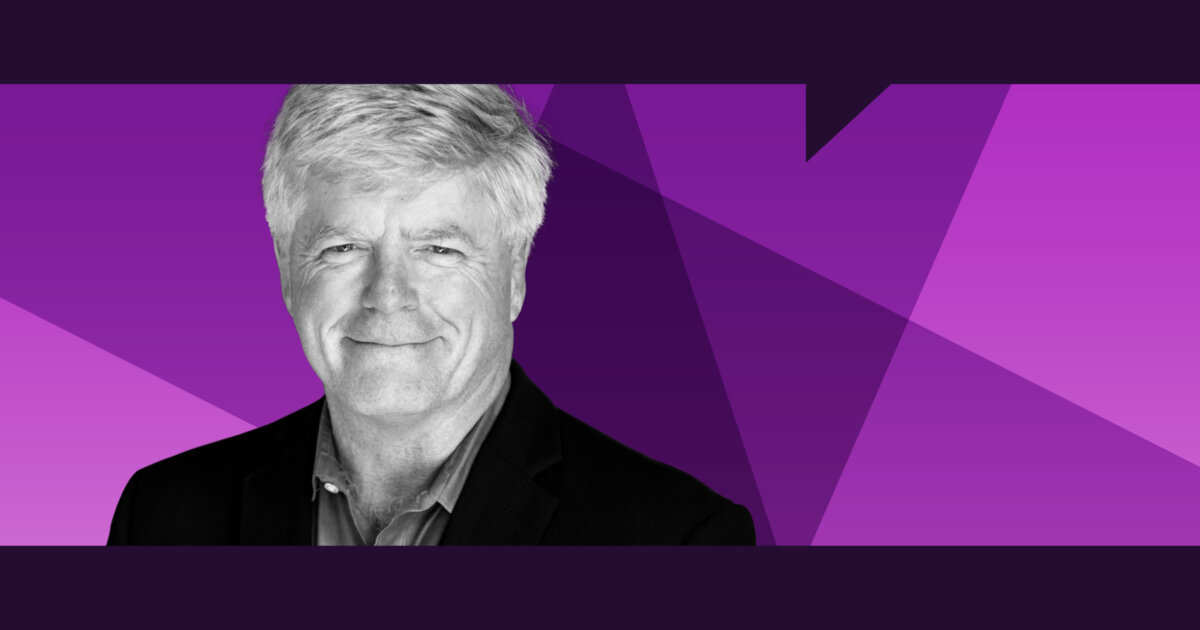





























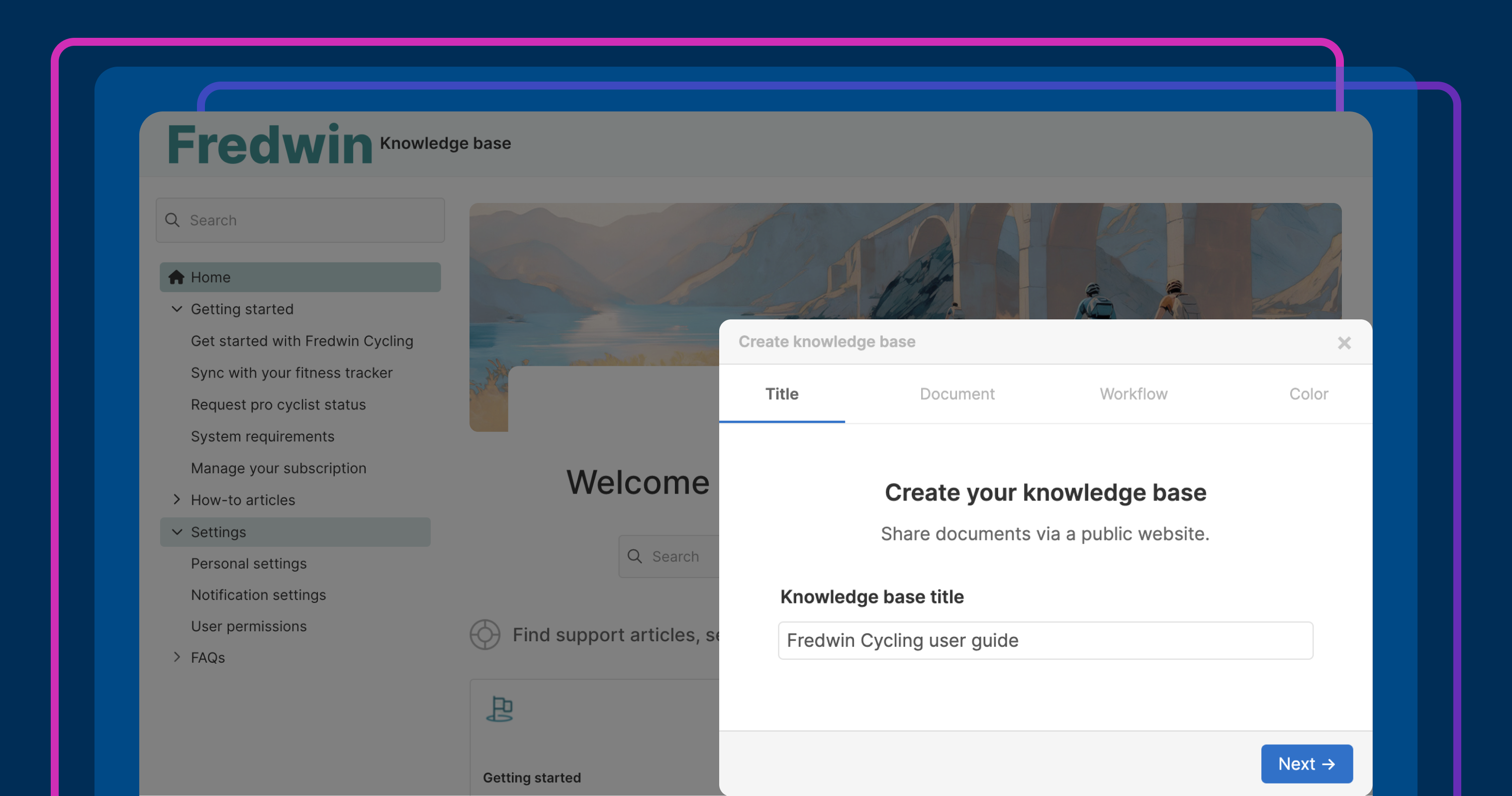

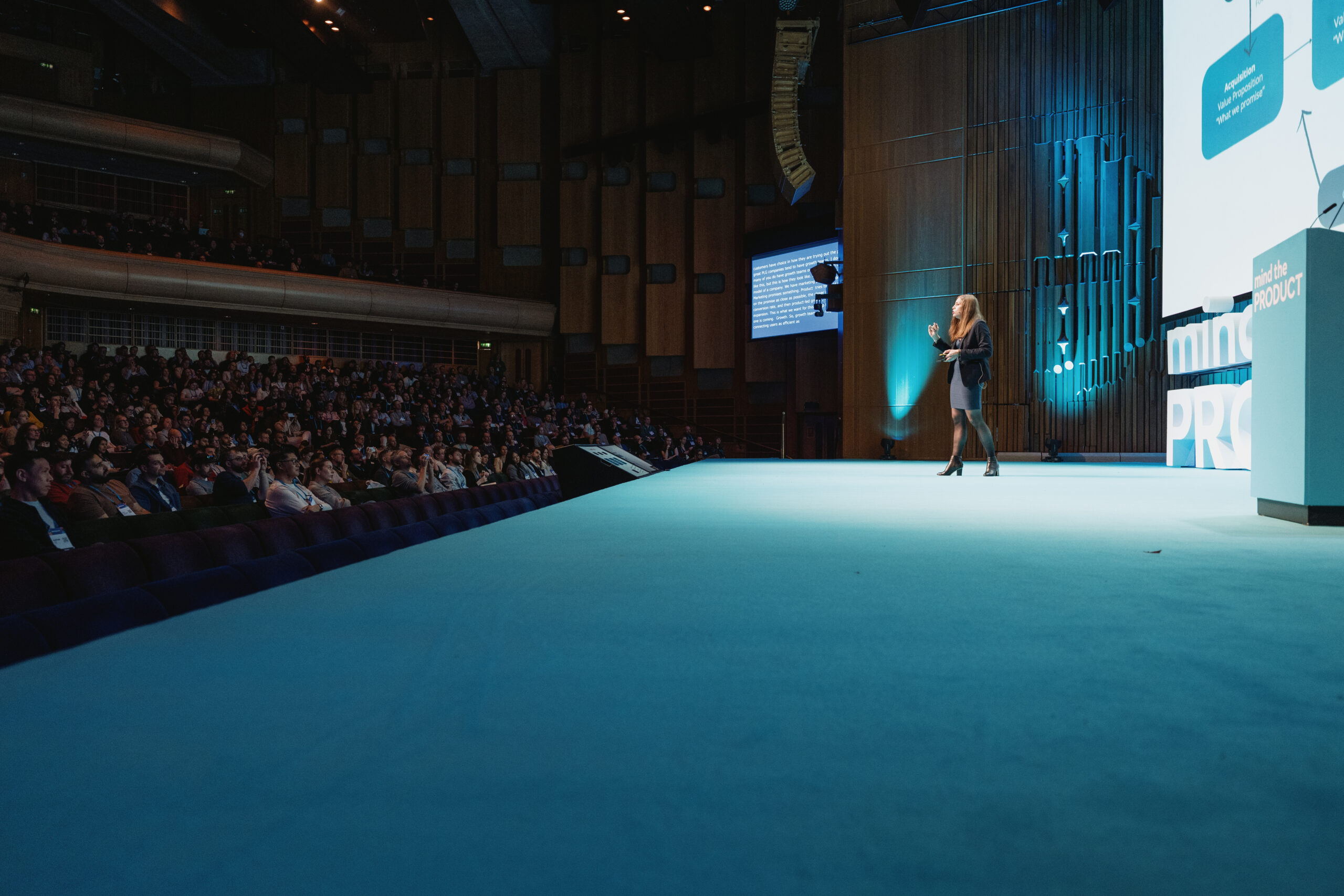
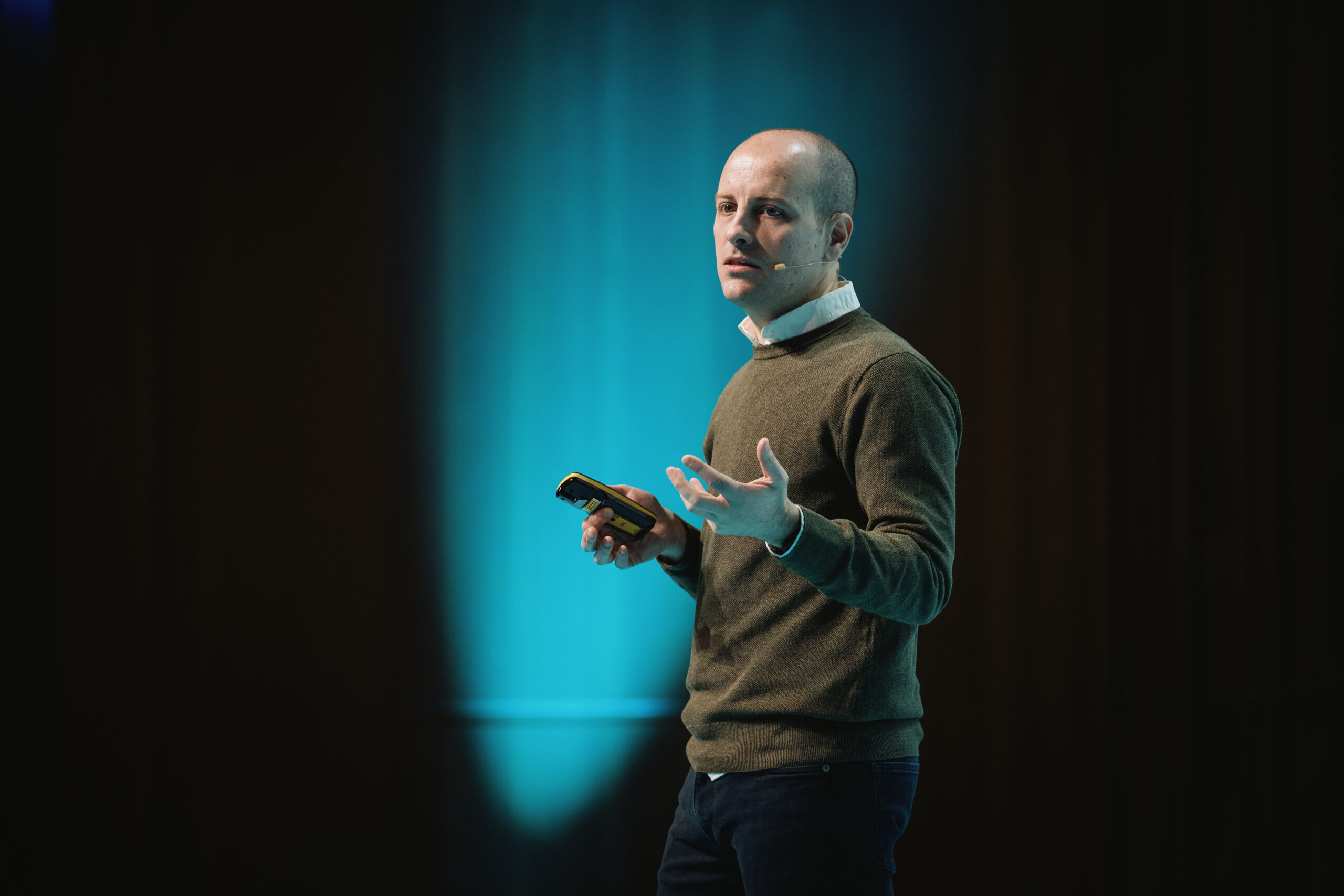
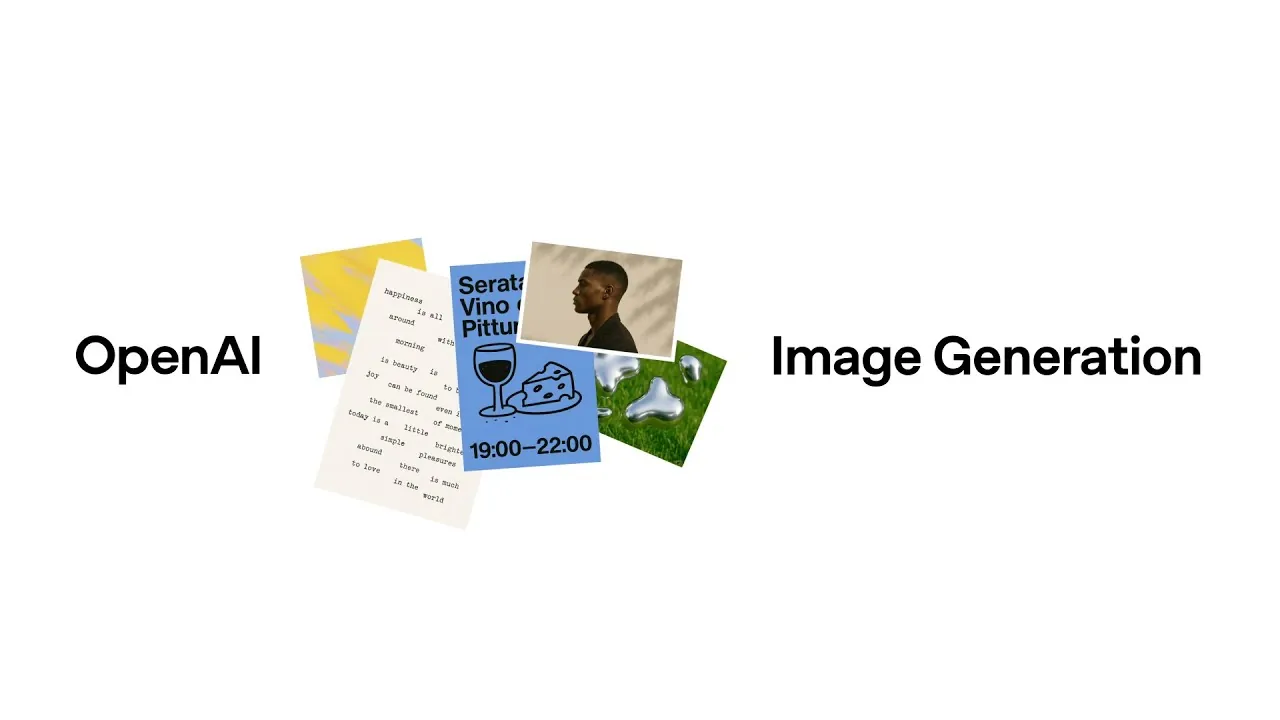




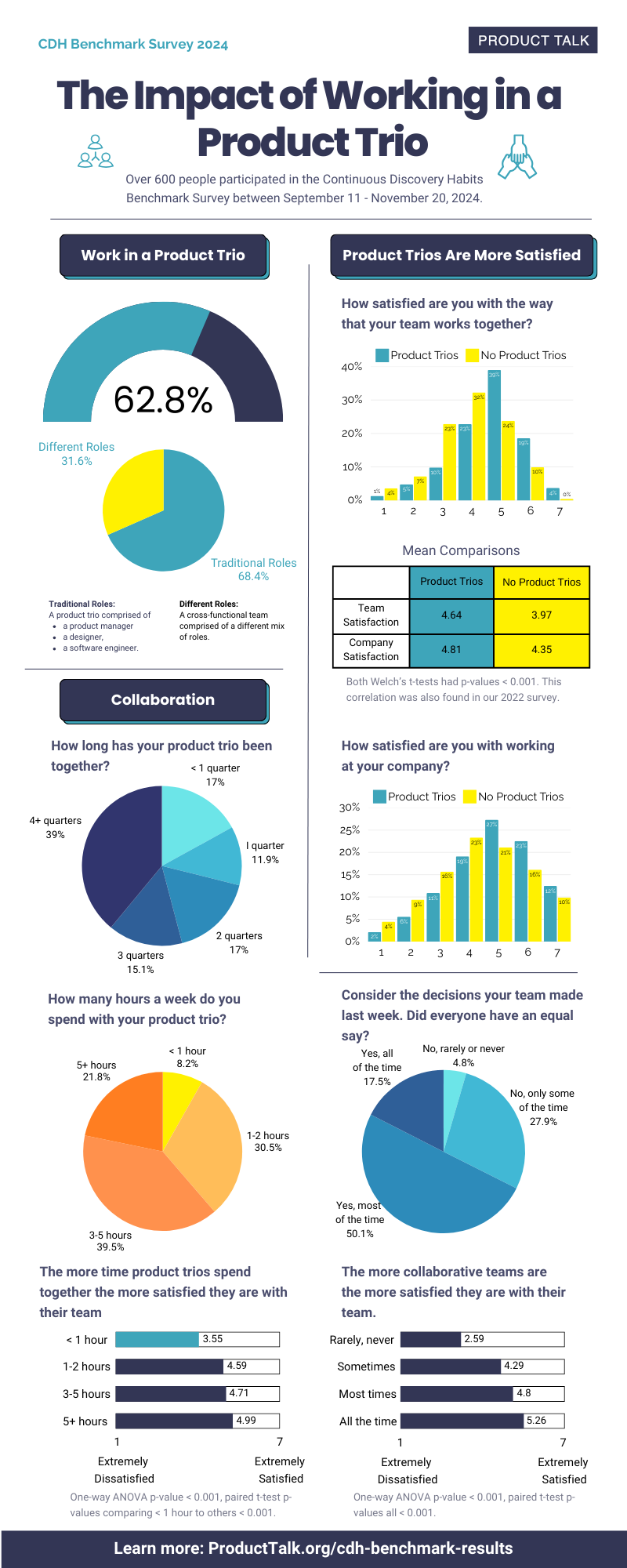













![Building A Digital PR Strategy: 10 Essential Steps for Beginners [With Examples]](https://buzzsumo.com/wp-content/uploads/2023/09/Building-A-Digital-PR-Strategy-10-Essential-Steps-for-Beginners-With-Examples-bblog-masthead.jpg)



![How One Brand Solved the Marketing Attribution Puzzle [Video]](https://contentmarketinginstitute.com/wp-content/uploads/2025/03/marketing-attribution-model-600x338.png?#)





![How to Use GA4 to Track Social Media Traffic: 6 Questions, Answers and Insights [VIDEO]](https://www.orbitmedia.com/wp-content/uploads/2023/06/ab-testing.png)








![[Hybrid] Graphic Designer in Malaysia](https://a5.behance.net/920d3ca46151f30e69b60159b53d15e34fb20338/img/site/generic-share.png)























